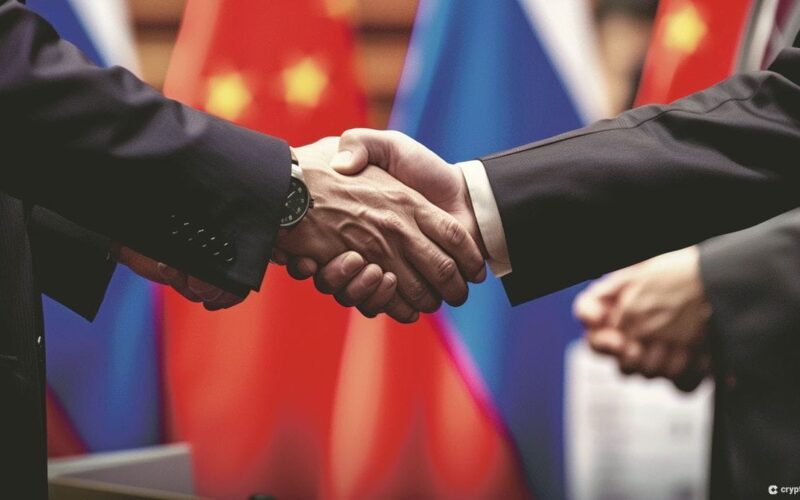The Shift to Stablecoins in Russian-Chinese Transactions
Russian commodities firms are encountering challenges in executing financial transactions with Chinese counterparts; thus, they have resorted to stablecoins. Citing a recent report from Bloomberg, these companies are embracing cryptocurrencies, particularly Tether’s stablecoin, to smoothen cross-border transactions with Chinese clients and suppliers. According to the report, top executives from prominent unsanctioned metals producers have confirmed the adoption of stablecoins for transactions. Some transactions are facilitated through Hong Kong, serving as a solution to the payment and procurement hurdles faced by Russian firms.
Stablecoins offer notable advantages, including quicker transactions and reduced costs compared to conventional methods. Ivan Kozlov, a digital currencies expert and co-founder at Resolv Labs, noted, “With stablecoins, the transfer may take just 5-15 seconds and cost a few cents, making such transactions pretty efficient when the sender already has an asset base in stablecoins.” Given the alternatives of delayed transactions or the risk of frozen overseas bank accounts, stablecoins present an attractive alternative for Russian firms.
International Impact and Growing Acceptance
- The use of cryptocurrencies for transactions extends beyond Russian firms, with countries like Venezuela turning to Tether, even at discounted rates, through intermediaries in Dubai, amidst sanctions. The greater role of cryptocurrencies in settlements reflects a shift in the Russian central bank’s stance. Initially considering a ban on all cryptocurrencies, Governor Elvira Nabiullina now supports exploring cryptocurrency payments in international transactions. The bank intends to regulate the use of stablecoins in cross-border transfers and is contemplating legislation to establish a framework for their use.
- Moreover, notable crypto activity among Russians has prompted the expansion of crypto-related banking services in the country. Despite criticisms, Tether has emphasized its collaboration with law enforcement agencies and the trackability of its token in response to accusations of cyber fraud and money laundering. Addressing concerns raised by a United Nations report, Tether highlighted its partnerships with global law enforcement entities, resulting in superior surveillance capabilities compared to traditional banking systems.

















